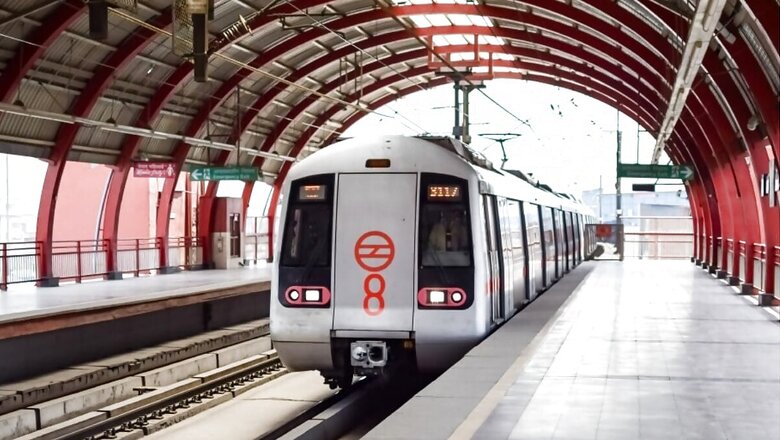
views
The Delhi Metro Rail Corporation (DMRC) implemented stringent regulations concerning the transportation of liquor bottles within its network, affecting commuters traveling across the Delhi-NCR. Effective immediately, passengers must adhere to revised guidelines stipulating the carriage of only two sealed liquor bottles in compliance with the respective state excise regulations. This rule applies to travel destinations encompassing Noida, Ghaziabad, Gurugram, and Faridabad, requiring travellers to exercise caution while transporting alcohol through the Delhi Metro.
Previously, DMRC permitted passengers to carry two bottles within the NCR service area. However, the corporation has now aligned its policy with the existing state excise laws of Uttar Pradesh and Haryana. Consequently, commuters are advised to remain vigilant to avoid potential legal repercussions under the pertinent excise policies while traveling within Delhi Metro’s jurisdiction.
Moreover, commuters should note that the transport of liquor bottles beyond Delhi’s borders is restricted to a single sealed bottle. Non-compliance with this regulation, including the possession of unsealed bottles, may result in legal action under Delhi’s excise laws.
In response to previous policies, DMRC had initially allowed each passenger to carry up to two bottles of liquor or beer inside the metro premises last June. However, objections raised by the Delhi government citing violations of the city’s excise policies prompted a reconsideration of these allowances.
It was emphasised that while DMRC permits the transportation of two bottles until the Delhi border, the bottles must adhere to specific capacities of 250 ml, 500 ml, or 750 ml. This regulation applies irrespective of bottle sizes such as full (750 ml), quarter (180 ml), half (375 ml), or other local terms like pavwa and khambha.
For further updates and clarifications on these regulations, commuters are encouraged to refer to DMRC’s official announcements and abide by the revised guidelines to avoid any inconvenience during their travels.


















Comments
0 comment